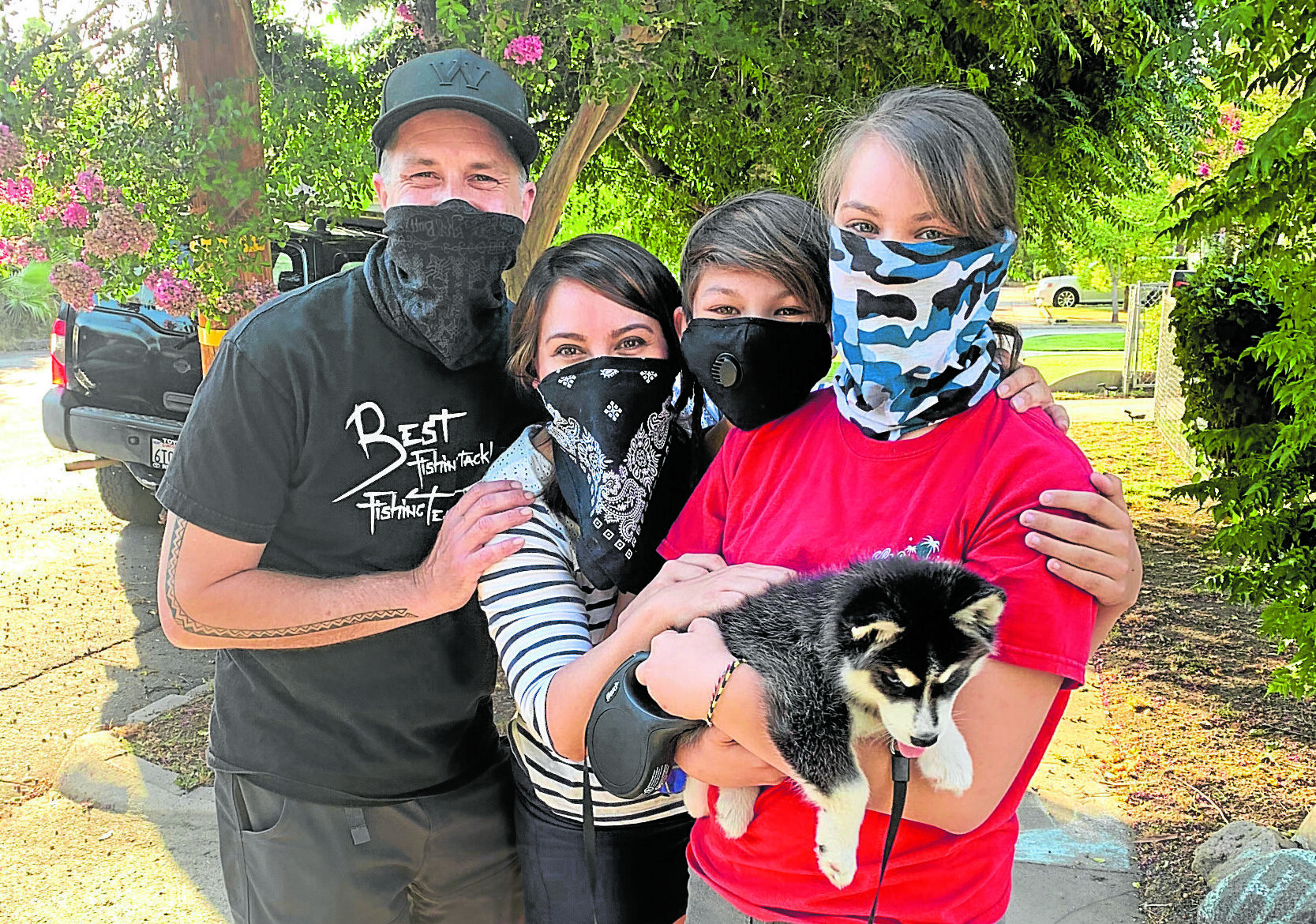It’s that time of the year when many of us troop to the memorial parks or columbariums to visit our departed loved ones.
For those of us who have experienced the loss of a loved one, mourning is the most challenging part of the grief journey. The days, weeks and months immediately following a loss are often shrouded in a haze. Time stands still, and we hardly have energy for anything. The business of living is taken one day at a time.
Better source of support
How can one be a better friend or source of support to someone who is in the early days and months of mourning? There are many ways, as there are countless dos and don’ts. Let me outline a few of them here.
DO NOT cast the mourner in a role based on your perceptions. Even if you are trying to be an encourager, it’s not very helpful to say, “Oh, you’re so strong!” or “You are doing so well.”
In reality, the person may actually be a mess or all broken up inside. To box them in prevents them from actually sharing what they truly feel.
Instead, DO try to open the door to communication. A good question would be, “I’ve been thinking about you. How are you feeling today?” or “How has it been for you this past week/month?”—as opposed to just “How are you?” which is a really stupid question to ask someone who has just lost a loved one.
And, then, depending on the answer, you can follow up with, “Would you like to talk about it?” of “How can I help you at this time?” These are good ways to open up the conversation and help the person open up about his or her feelings.
Specific help
DO NOT say “Call or text me if you need anything…” A person in the early stages of grief will hardly have energy to pick up the phone or compose a text to seek a favor. It will be much better to offer specific help and to take the initiative to call up the newly bereaved, perhaps a week or so after the loss. Concrete assistance like offering to carpool, accompanying the friend to do certain tasks, or taking them out for lunch and dinner will be much more appreciated.
DO NOT use clichés such as “Time heals all wounds.” “He/she is in a better place.” “You now have an angel looking over you.” These are empty words to the ears of the newly bereaved, and may in fact cause more harm. It is better to just remain quiet, to listen to the mourner talk, and allow him or her the space to grieve safely.
If you’ve been through a similar loss, you can share about your own ways of coping without imposing them upon your newly bereaved friend. Although each person has a different coping style, self-disclosure, or sharing one’s own experience, can be helpful to the mourner in opening up or processing their own grief.
DO NOT rush the person through their mourning. Grief has no timetable, and each person grieves at his or her own pace. Mourning takes time, patience and a lot of caring and support from one’s circle.
The one-year Filipino Catholic tradition of “babang luksa” is only a marker on the grief journey. Anyone who has experienced personal loss knows that the work of mourning does not end after a year. It goes on for many years after.
Slowly and steadily
What is more helpful is to encourage the person to mourn slowly and steadily, and to be there constantly for the person by encouraging him or her to freely talk about the departed loved one. Use the name of their loved one when you share your stories or memories.
Sharing stories and photographs and using the name of the loved one now gone can be such a wonderful gift to the bereaved. Unless you are explicitly told that they would rather not talk or hear about those stories (which would be a very rare occurrence), moments such as these are like gifts to your friend in mourning.
Sitting side by side, or walking alongside your bereaved friend, giving him or her a hug and holding their hand, can be a wonderful balm. It is in the safe presence of a trusted, non-judgmental and truly caring friend who listens with both the ears and heart—a space where one can be free to open up and shed tears—where true healing begins.
Grief over the holidays
I will be conducting a half-day grief workshop for the newly bereaved on Saturday, Dec. 3, on “How to Cope with Grief Over the Holidays.” Slots are limited.
E-mail goodgriefph@gmail.com for more information.
E-mail the author at storiesbykate@gmail.com.












































